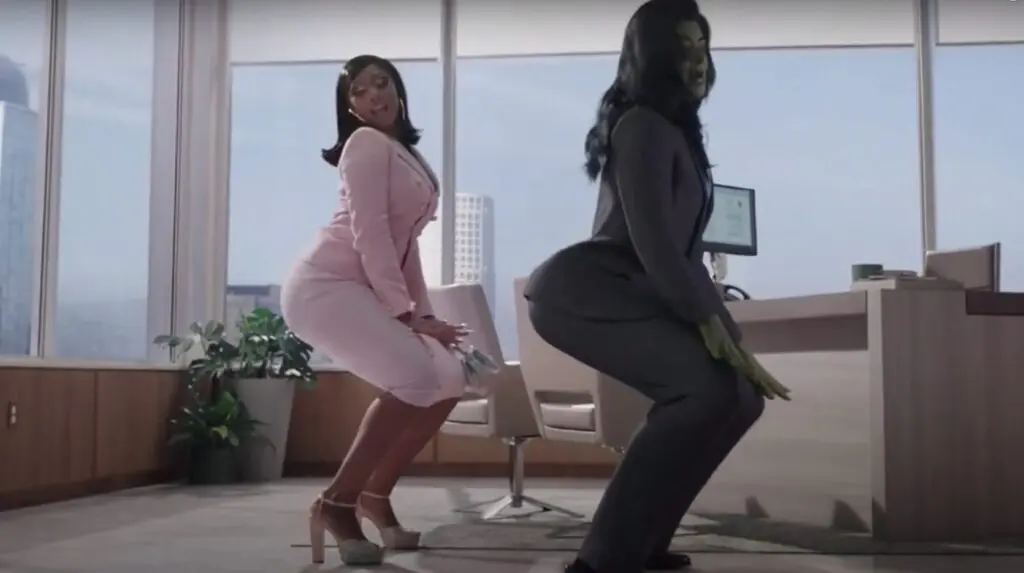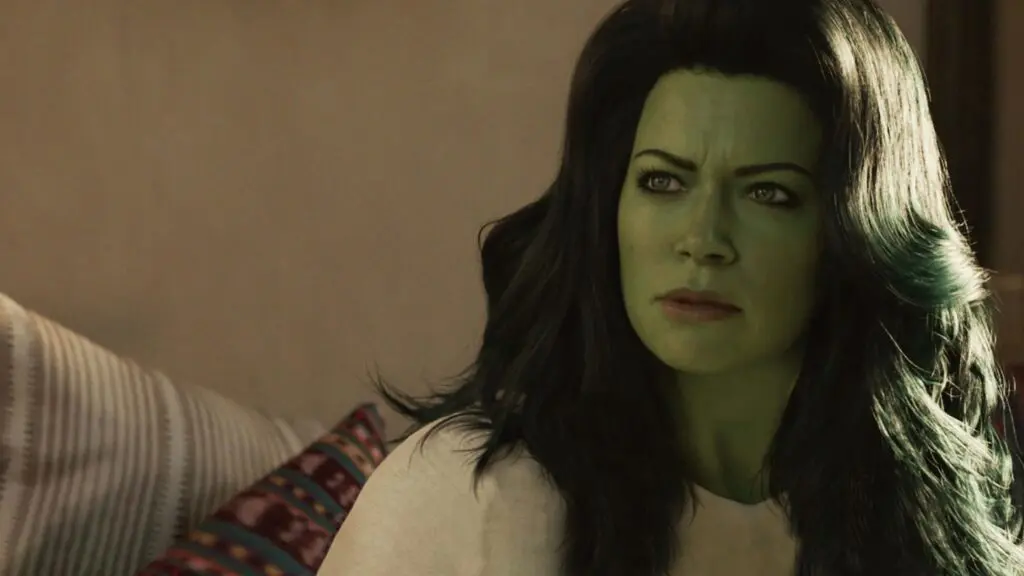Summary
“The People vs. Emil Blonsky” is burdened by a tedious B-plot and spends the majority of its time trying to explain a cameo that nobody cared much about in the first place.
The question that has swirled around She-Hulk since its premiere is what, exactly, the purpose of the show is – and it’s a question that is becoming more and more difficult to answer as we go. Sure, it isn’t exactly a fair question, and it probably wouldn’t be asked of a property that wasn’t female-led or so obviously vocal about its attendant social issues. But at one point in episode 3, Jen breaks the fourth wall to remind everyone that this isn’t a cameo-a-week kind of show and then quickly realizes it is.
The cameos feel ineffective
But what are the cameos in service of? The point of a big, interconnected multimedia universe is that you can fill in fun details, develop characters, and build plotlines in varied and wide-ranging ways, but thus far, She-Hulk doesn’t seem to be using any of its broader MCU connections in a meaningful manner.
The connection to Sakaar that was established in Jen’s transformation scene hasn’t been addressed since, and Hulk has literally jetted out of the show. This week, the only point of Emil Blonksy’s parole hearing seems to be explaining why he showed up in Shang-Chi and the Legend of the Ten Rings for a couple of minutes. Did anyone really think about that very much when it happened?
Blonsky’s Story is really about ‘Shang-Chi and the Legend of the Ten Rings’
The parole thing is the episode’s A-plot. Jen is representing a supposedly reformed Blonsky in his parole hearing, but as we saw in episode 2, his case was heavily jeopardized when footage of him fighting Wong in a Macau kumite made the news.
Blonsky claims that Wong spirited him away without his consent, so Jen – with the help of Nikki’s social media sleuthing, which reveals Wong is either a sorcerer from New York or a librarian from Nepal – has to convince Wong to testify on her client’s behalf.
So, the whole point of this is really to explain why Abomination showed up in Shang-Chi and the Legend of the Ten Rings. It’s a funny joke, I suppose – Wong needed a worthy opponent to defeat as part of his training as Sorcerer Supreme – but is it really all that necessary?
Aside from insanely anal “fans” who spend their lives nitpicking these things on Reddit and such, nobody was asking too many questions about that five-minute cameo. It’s the MCU. That kind of thing just happens.
Tim Roth remains really good as Blonsky, though, and the idea that he’ll be allowed to start a cult with his various soul mates simply is a pretty funny fate to imagine for him. Wong is still having a lot of fun showing up in everything. And I suppose you could argue that Jen learns something from the case – to try and get ahead of her own story as a public figure, even if our patriarchal society won’t allow it. On-brand, at the very least.
But the B-plot is woeful. Here, Dennis, still being cartoonishly obvious in his general smug chauvinist douchebaggery, is suing a shapeshifting New Asgard light elf named Runa for conning him out of $175K by impersonating Megan Thee Stallion.

She-Hulk: Attorney at Law season 1, episode 3 (Credit – Disney+)
It’s Jen’s well-intentioned colleague Pug who’s defending him, perhaps against his better judgment, but the whole thing exists for two very simple reasons: One, to make fun of Dennis, and two, to facilitate a Megan Thee Stallion cameo. The former is too easy, and the latter, as happy as I tend to be to see Megan Thee Stallion, is pretty pointless.
You might charitably say that this at least allows us to see how the folks of New Asgard are getting on – there’s a funny call-back to Thor’s “Asgard is not a place, it’s a people” speech – or that the fact Jen ultimately decides the case in Dennis’s favor by deadpanning that he’s a delusional sexist idiot is a relatively satisfying way for her to get one up on him while still doing the right thing.
But Dennis is such a one-note-nothing character that it’s impossible to care about anything even remotely related to him, and the show is so embarrassingly happy that Megan Thee Stallion is there that the whole thing seems a bit needlessly indulgent.
She-Hulk does have some meaning
At least there are still themes to consider. This, I think, is where She-Hulk is actually doing decent work because Jen’s newfound celebrity is actually making relevant points about the real-world backlash to a supposed incursion of female superheroes – anyone using the term “M-She-U” is really just giving themselves away at this point – by having misogynist reactionaries respond to her in-universe using all the same rhetoric as the complainers IRL.
Perhaps here is the answer to the question posed at the top of this recap. Perhaps the purpose of She-Hulk is to let any woman who has ever felt worried walking down a street late at night – as Jen does here, only to be accosted by a gang of dudes wielding stolen Asgardian construction equipment – live vicariously through a new hero who realizes just in time that she now has the power to fight back.
RELATED: She-Hulk: Attorney at Law Season 1, Episode 4 Recap




